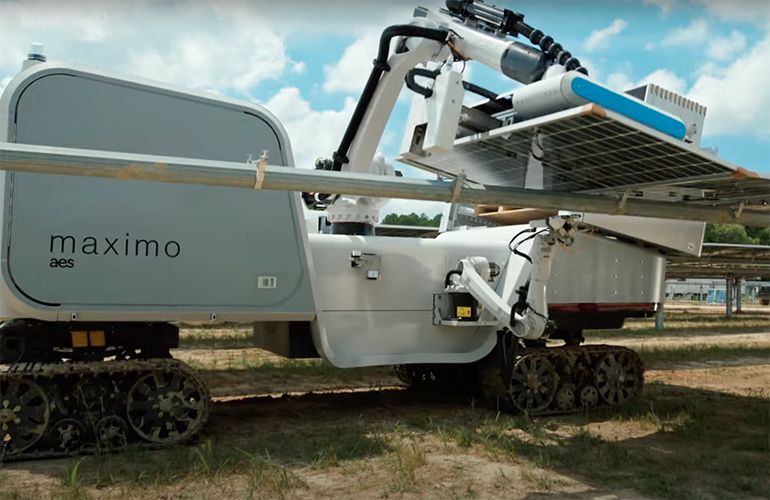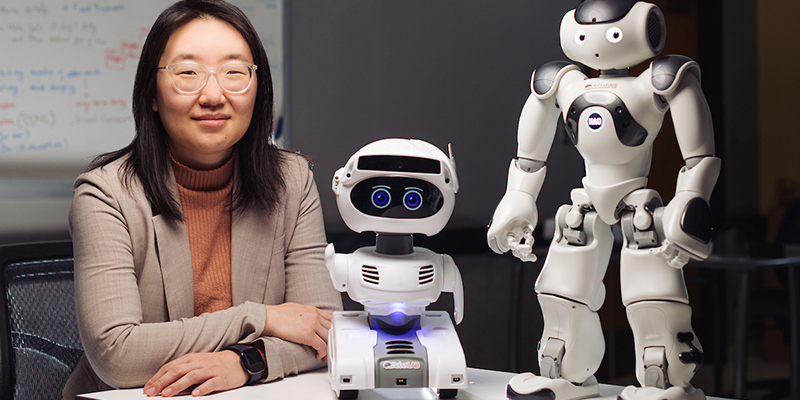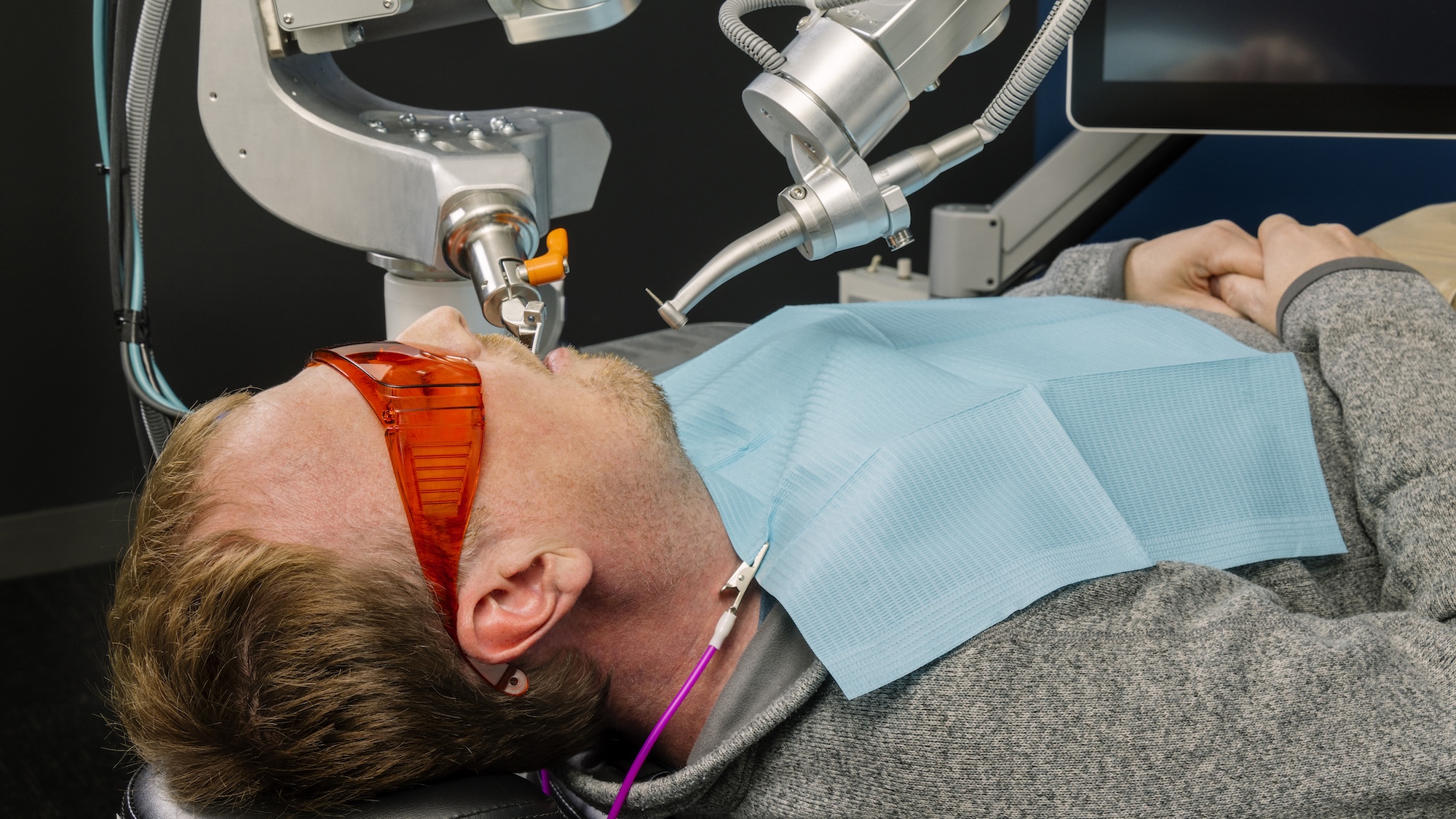- TECHSWU
- Posts
- TECHSWU #86
TECHSWU #86
Welcome to TECHSWU, your go-to destination for all things tech that matter in your daily life!


The future version of Apple's Vision Pro headset could come with Tandem OLED display technology, which was first introduced in the iPad Pro. LG and Samsung have been developing micro-OLED displays with tandem OLED technology, which uses two OLED panels stacked on top of each other to improve brightness and contrast ratio levels.
The latest iPad Pro features the "Ultra Retina XDR Display," which has high brightness levels and a high contrast ratio. By adopting this technology, the Vision Pro could achieve even higher brightness and contrast ratios, making movies and TV shows on the headset more immersive.
While rumors indicate that development of the second-generation Vision Pro may have been put on hold, the inclusion of improved display technology in future versions of the headset suggests an exciting future for Apple's augmented reality device.

The online gambling industry is facing increasing risks from cybercriminals, with the sector attracting nearly as many fraudsters and bad-faith actors as players. The expansion of online gambling providers into new markets has led to a 260% increase in online attacks between Q4 2021 and Q1 2022.
Cyberattacks have not been limited to the US, with incidents occurring in Canada, France, and Russia. Experts argue that the existence of online casinos in the digital space makes them more susceptible to attacks, particularly through vulnerabilities in Internet of Things (IoT) technology and third-party partners.
Cybersecurity measures such as data encryption, secure payment gateways, and two-factor authentication can help protect online gambling systems from attacks. As a player, it is important to choose a casino with robust security systems to safeguard personal and financial data.

AES Corporation has unveiled a new AI-powered solar installation robot called "Maximo." The robot is designed to work alongside construction teams to meet the growing demand for renewable energy.
With solar annual additions expected to triple by 2035, Maximo aims to accelerate renewable energy deployment by installing solar panels in half the time and cost. This not only increases efficiency but also helps to reduce time-to-power for customers.
Maximo has already installed nearly 10 MW of solar and is projected to install 100 MW by 2025. AES plans to use the robot to build up to 5 GW of its solar backlog and pipeline in the next three years.
Maximo's AI-powered features include precise panel placement, continuous learning for optimal performance, and image reconstruction for improved accuracy. As demand for solar projects increases, AES hopes that automation technology like Maximo will help the industry scale more quickly.

Feldspar, a UK-based technology company, has announced plans to build the world's first sensor-enabled running track. The track will capture athletes' footsteps and provide real-time data analysis, allowing athletes to achieve faster running speeds and improve performance.
The track will also offer historically hard-to-reach insights and real-time analytics, transforming the coaching and training experiences for athletes. This innovation represents a significant advancement in track and field running and has the potential to revolutionize live sports events by providing complex data and attracting new enthusiasts.
Feldspar will also integrate an AI-powered data analytics tool and sports tracking software to optimize training and identify potential areas of injuries. The company aims to set a new benchmark for athlete performance and fan engagement in future world competitions, including the Olympics.


Purdue University is making significant strides in the field of artificial intelligence (AI) research, focusing on improving life and wellness through innovation. The university is dedicated to creating a leading research and education program in physical AI, applying AI to the physical world.
One example of this work is Sooyeon Jeong's research on designing robots that can assist with healthcare and improve the lives of patients. This includes developing social robots to interact with hospitalized children and virtual agents to help Latinas with breast cancer.
Another area of research is the use of machine learning algorithms to improve the performance of nuclear reactors and reduce operation costs. Purdue's scientists are also working on using AI to track and analyze wrist tremors in older adults, which could aid in the diagnosis and treatment of disorders in this population.
These are just a few examples of the diverse AI research happening at Purdue University.

Technogym, the official and exclusive supplier of fitness equipment for the Paris 2024 Olympics, is experiencing a surge in demand for its products. The Italian company has equipped 29 training centers with 1,200 pieces of equipment for athletes to train before and during the Games, and has also provided a team of professional athletic trainers to support athletes.
Technogym's equipment is part of an ecosystem of connected products, apps, software, and artificial intelligence that allows athletes to access their personal training programs. The company is also promoting a social media campaign called "Let's Move for Paris" to encourage athletes and fitness enthusiasts to prioritize physical exercise for a better and healthier world.
Technogym views its partnership with the Olympics as an opportunity for research, innovation, and feedback, and aims to set new standards in biomechanics, ergonomics, safety, performance, and ease of use.

Zebra Technologies, a global leader in enterprise asset intelligence, reported strong Q2 earnings, beating analyst estimates and providing bullish targets for the next quarter. The company's CEO, Bill Burns, highlighted some key insights into consumer spending behavior during an post-earnings interview.
Burns noted a shift from a goods-based to a services-based economy, with consumers favoring experiences like travel and dining out over buying more goods for their homes. He also discussed the impact of higher interest rates on new home sales, which in turn affects spending on home furnishings and appliances.
While this shift in consumer behavior weighs on Zebra's business, the company's strong Q2 performance and strategic focus on adapting to changing consumer behaviors position it for future growth. Zebra's stock climbed to two-year highs following the positive earnings report, and the company is expected to continue performing well in the long term.

Nvidia has unveiled a suite of new services and tools aimed at accelerating the development of humanoid robots. The chipmaker's offerings include microservices for robot simulation, a cloud computing orchestration service, and an AI-enabled workflow for capturing human movements to train robots.
Nvidia's tools are expected to help robotics companies, AI developers, and software makers create more advanced humanoid robots faster. These robots, with their human-like form and complex movements, have the potential to revolutionize sectors such as manufacturing, warehousing, and customer service.
Nvidia's teleoperation workflow addresses one of the key challenges in humanoid robotics, which is the large amount of data required to train these machines. The company's tools and services will be made available through its Humanoid Robot Developer Program.

Perceptive, a company based in Boston, has developed a robot dentist that can perform teeth treatments in just 15 minutes. The robot uses advanced optical coherence tomography (OCT), artificial intelligence (AI) programming, and robotics to efficiently complete procedures such as fillings and crowns.
By using an easy-to-use handheld intraoral scanner, the robot can capture three-dimensional data of a patient's mouth to create high-resolution scans of the tooth. With consultation from a human dentist, the robot can then autonomously prepare the tooth for a dental crown.
The company claims that their machine is 90% accurate in detecting cavity formations, compared to the 45% accuracy of current 2D X-ray readings. Although the robot is still in the prototype phase and requires FDA approval, Perceptive envisions a future where fully automated dental healthcare is possible.

Garmin has announced a price cut on its Forerunner 165 series smartwatch in India. The smartwatch was originally launched at Rs 33,490, but is now available for Rs 29,990.
In addition, Garmin will refund the price difference to customers who purchased the smartwatch at the original launch price. The Forerunner 165 series is targeted towards athletes and adventure enthusiasts, offering various activity tracking and health monitoring features.
It has an AMOLED display and is specifically designed for professional runners and athletes, providing them with training modules and tracking capabilities. The smartwatch also offers 11 days of battery life in standard mode and features wrist-based running power measurement, blood oxygen monitoring, and adaptive training plans.
With this price cut, Garmin aims to make its premium watches more accessible to a wider audience in India.

Data science is a rapidly evolving field, and staying up to date with fundamental concepts and cutting-edge technologies is crucial for both new and experienced data scientists. This article provides essential insights into core concepts and the latest breakthroughs that are shaping the future of data science.
The article begins by discussing the core concepts in data science, such as data collection and acquisition, data cleaning and preprocessing, descriptive and inferential statistics, data wrangling, machine learning, clustering, and model evaluation and validation. These concepts lay the foundation for understanding and analyzing data effectively.
The article then delves into the cutting-edge technologies in data science, including artificial intelligence and deep learning, big data technologies, cloud computing, explainable AI (XAI), graph analytics, natural language processing (NLP), and edge computing. These technologies enable data scientists to tackle complex problems, handle massive amounts of data, and make data-driven decisions.
By combining core concepts with cutting-edge technologies, data scientists can unlock the full potential of data and drive innovation and success. Whether it's using advanced machine learning algorithms, leveraging the power of the cloud, or employing NLP to understand human language, staying at the forefront of data science is key to staying ahead in today's fast-paced digital landscape.


Scientists in Italy have created a robotic dog called VERO that is designed to clean up cigarette butts using AI. The robot dog is equipped with vacuum cleaner nozzles on each of its four legs, allowing it to suck up discarded cigarette butts on beaches.
Unlike wheeled or tracked robots, VERO is capable of navigating sandy terrains and climbing stairs and obstacles. Tests have shown that the robot is able to collect 90% of cigarette butts in various terrains.
This is the first time that such a design and method has been successfully tested on a legged robot. The development of VERO is a response to the 4.
5 trillion cigarettes that are dispersed into the environment each year.

The Samsung Galaxy Z Flip 6 is the latest smartphone from Samsung that combines nostalgia with cutting-edge technology. The phone features a unique flip design reminiscent of older flip phones, but with modern enhancements and innovative AI features.
The device is lightweight and durable, with a reinforced chassis and Gorilla Glass Victus 2 for improved protection against scratches and impact. It has a dual-display setup with a small outer display for quick access to notifications, and a larger main display for a vibrant visual experience.
The phone is powered by a Qualcomm Snapdragon 8 Gen 3 processor and 12GB of RAM, ensuring smooth multitasking and fast app launches. One standout feature is the camera system, which includes a 50MP sensor for detailed and high-quality photos.
The phone also includes AI features such as auto zoom, sketch-to-image, and an interpreter tool for real-time translations. While the price tag may be steep, the Samsung Galaxy Z Flip 6 offers a compelling choice for those who appreciate its unique form factor and advanced features.

Samsung is set to launch a new smartphone, the Samsung Galaxy A16 5G, and it has recently appeared on benchmarking site Geekbench. The listing reveals some key specifications of the upcoming device.
According to the listing, the phone scored 514 in the single-core test and 1464 in the multi-core test. It is also mentioned that the Galaxy A16 5G will run on Android 14 and come with approximately 6GB of RAM.
The phone is said to have a MediaTek Dimensity 6300 processor with a base frequency of 2.00 GHz.
While there are no further details available on Geekbench, its appearance on the site suggests that a launch could be happening soon. The Galaxy A16 5G is expected to be an upgrade from the Galaxy A15 5G, which features a 6.
5-inch Full HD+ display, a MediaTek Dimensity 6100+ chipset, a triple rear camera setup, and a 5,000mAh battery with 25W fast charging support.
